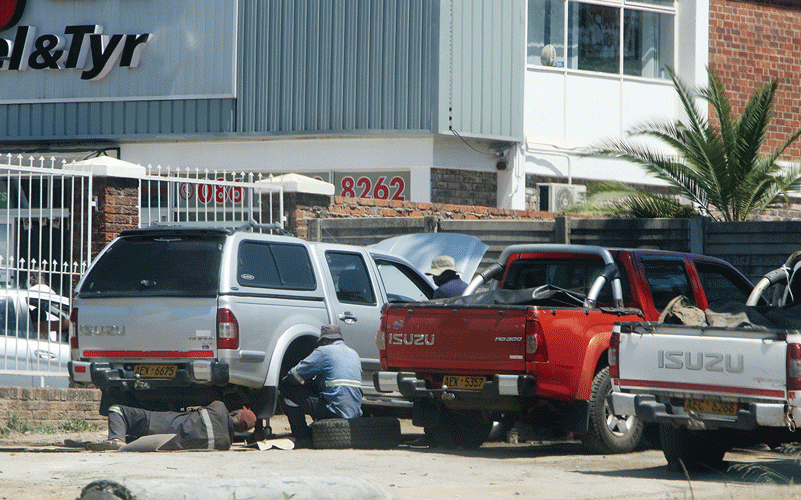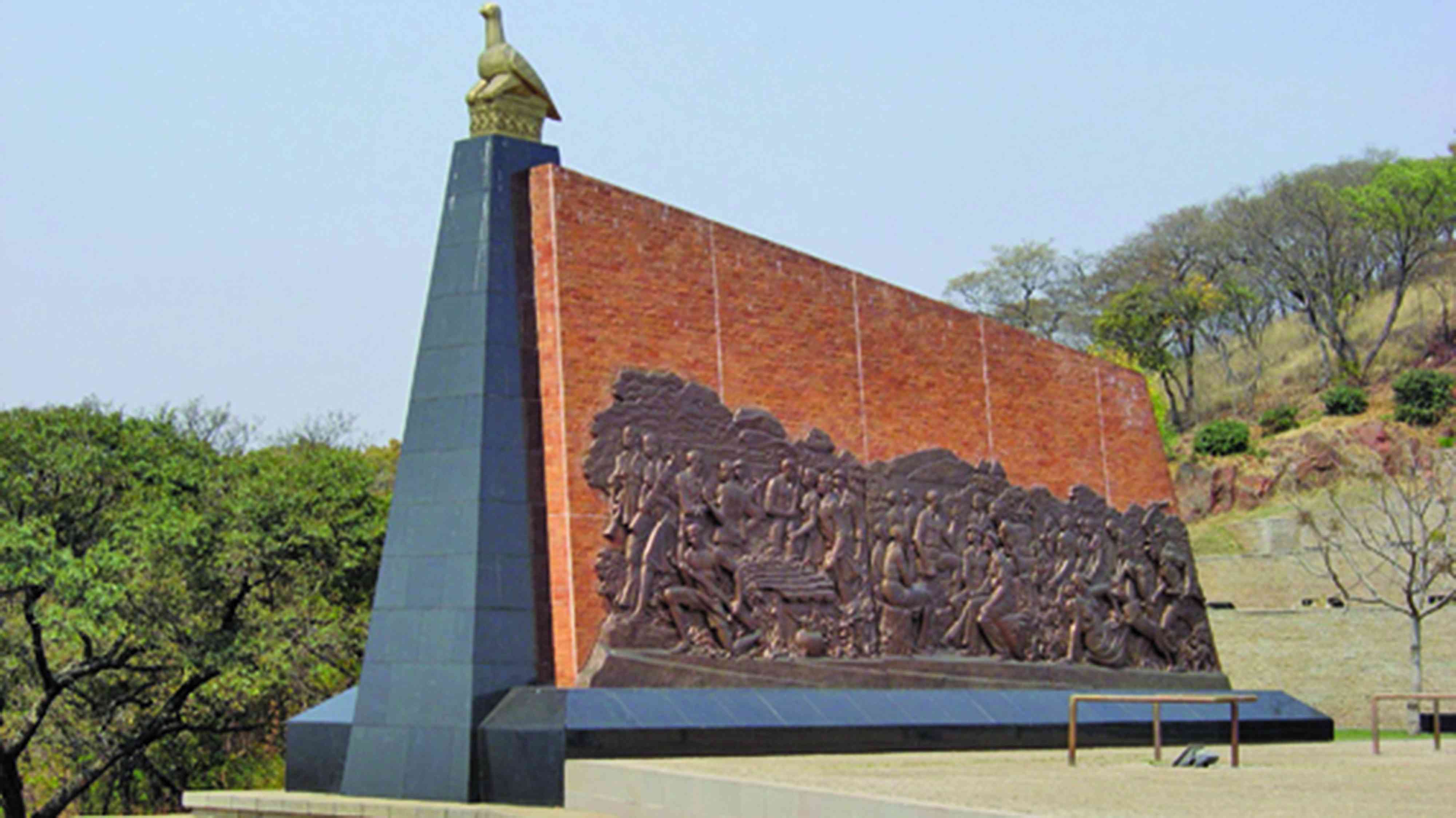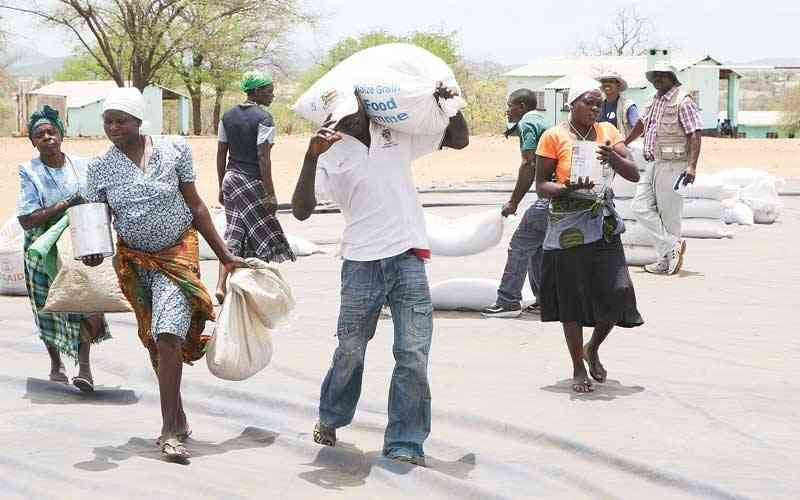
THE Zimbabwe National Statistics Agency (ZimStat)’s 2022 third quarter labour survey report has made very interesting revelations that fundamentally speak volumes of the state of our national economy and its prospects.
According to ZimStat, the vehicle sales and repairs business is the country’s top employer which raises very curious questions pertaining to the state of the southern African nation’s economy, which we all believe should be anchored on agriculture, mining and tourism.
The ZimStat data also tells us that 87,4% of the country’s employed population is in the informal sector. The figures feature agriculture as the second largest employer, albeit informally. So, it follows that the bulk of those in mining are informally employed as artisanal miners, while tourism may be excused given that it is still recovering from the ravages of COVID-19.
And so, if agriculture, mining and tourism are not formally employing, then should it come as a surprise that Zimbabwe’s economy has hardly showed positive signs of real growth?
That the bulk of the country’s employed people are plying their trade in the obscure informal sector is a serious misnomer which those in charge of the economy need to urgently sit down and address because, truly, this is not sustainable given that, for instance, the country does not manufacture any of the vehicles being sold, including the parts used in repairing those vehicles.
If the country was making all the vehicles and parts being sold, we would be saying something else.
Given the state of the vehicle sales and repairs sector, which is largely informal, it is obvious that the bulk of those employed in that area hardly contribute to the fiscus in terms of pay-as-you-earn, which happens to be one of government’s key revenue earners.
It also follows that the bulk of the companies involved in the informal business are contributing little to nothing to government coffers, with ZimStat reporting that the majority of the companies are paying their workers as little as $20 000 or US$50.
- Addressing unfair trade key to transforming African food systems
- Urgent economic structural transformation necessary
- Village Rhapsody: How Zimbabwe can improve governance
- Residents finger ZETDC employees in cables theft
Keep Reading
It boggles the mind why key sectors of the economy — agriculture, mining and tourism — are not formally absorbing the bulk of the country’s more than nine million potential workforce?
While the International Monetary Fund (IMF) says the informal economy is a global phenomenon prevalent in both advanced and developing economies — employing roughly two billion or over 60% of the world’s adult labour force, according to the International Labour Organisation — the Bretton Woods institution recommends that countries such as Zimbabwe with high informality should work hard to formalise their economies.
“Understanding the drivers and consequences of informality is central to sustainable and inclusive development, as informality is critically related to how fast countries grow, and to poverty and inequality, including gender inequality,” the IMF says.
So, it goes without saying that Zimbabwe needs to seriously and urgently tackle this issue if it wants to realise its full potential because the informal sector is proving to be the country Achilles’ heel in terms of economic growth.











